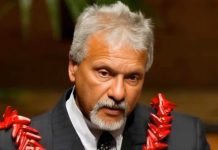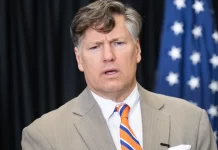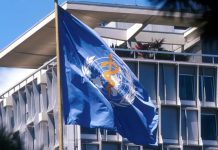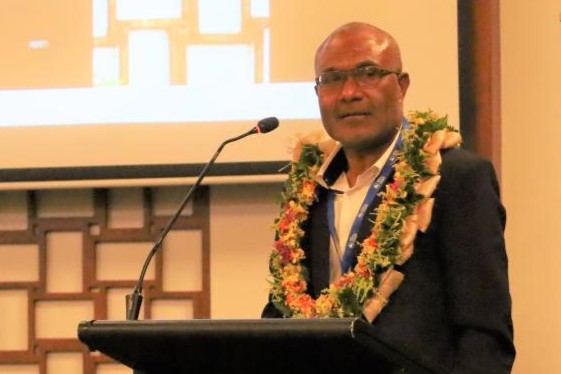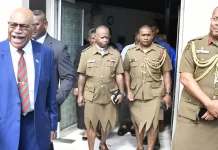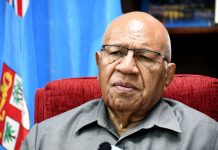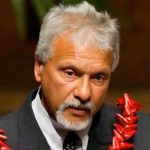Vanuatu and a coalition of nations including four international organisations presented their legal perspectives on state responsibility in addressing climate change during the International Tribunal for the Law of Sea (ITLOS) public hearings, which has commenced this week in Germany.
The hearings are in response to the request of an Advisory Opinion (AO) submitted by the Commission of Small Island States on Climate Change and International Law (COSIS).
The ITLOS AO is expected to serve as a cornerstone for shaping the AOs requested from the Inter-American Court of Human Rights and the International Court of Justice, as they address the analogous questions.
Vanuatu’s Attorney General Arnold Kiel Loughman made a powerful statement on the first day of the hearing.
“Vanuatu has participated for decades in multilateral climate negotiations with good faith.
“We have participated vigorously in the deliberations of the UNFCCC and at each and every COP. We have raised the alarm at the United Nations.
“We have listened time and again as major polluters have pledged to address our concerns, to do what is necessary to put an end to the nightmare that is unfolding before our eyes, as our islands and our homes are battered by extreme weather events, rising sea-levels, and myriad other disasters that are slowly and surely bringing about our demise,” Loughman said.
“We have been patient, but to little avail. We felt that our good faith has been exploited. Our ambition has bee sidelined. Our voices have been ignored. And our hope is now hanging by a thread.”
A statement from the Vanuatu Climate Diplomacy Team explained that this series of hearings, which are scheduled to run through September, marks a crucial step forward in addressing climate change through the lens of international law, demonstrating the commitment of nations to fulfill their responsibilities towards a sustainable and equitable future.
This historic process holds immense importance, as ITLOS becomes the first of three international judicial bodies to receive submissions and hear arguments regarding climate change advisory opinions.
The other two institutions involved are the Inter-American Court of Human Rights and the International Court of Justice, both of which have been asked to provide clarity on states’ international legal obligations concerning climate change.
Collectively, these parallel processes represent a unique opportunity for international judicial bodies to underscore that, under international law, states must urgently take measures to mitigate fossil-fueled climate change and provide remedies for affected communities, without seeking refuge in the inadequacies of the Paris Agreement.
According to the statement, Vanuatu is now recognised as a global leader in international climate diplomacy, spearheading initiatives on Loss and Damage at the United Nations, on climate accountability at the International Court of Justice, on criminalising Ecocide at the International Criminal Court, demanding a global phase out of fossil fuels while ensuring billions in finance flow to Vanuatu for adaptation and the just and equitable transition to a low carbon and sustainable future.
AG Loughman asked the judges at the ITLOS Court hearing: “Why would a handful of small, developing islands that barely contribute to greenhouse gas emissions place themselves at the spearhead of this global problem?
“The answer is simple—we cannot afford to be anywhere else.
“Climate change is an existential threat for the peoples of Vanuatu and for all of our small island brethren. We can leave no words left unsaid, no stone unturned, and no road left untaken in the search for solutions to the climate crisis,” he said.
SOURCE: VANUATU DAILY POST/PACNEWS


